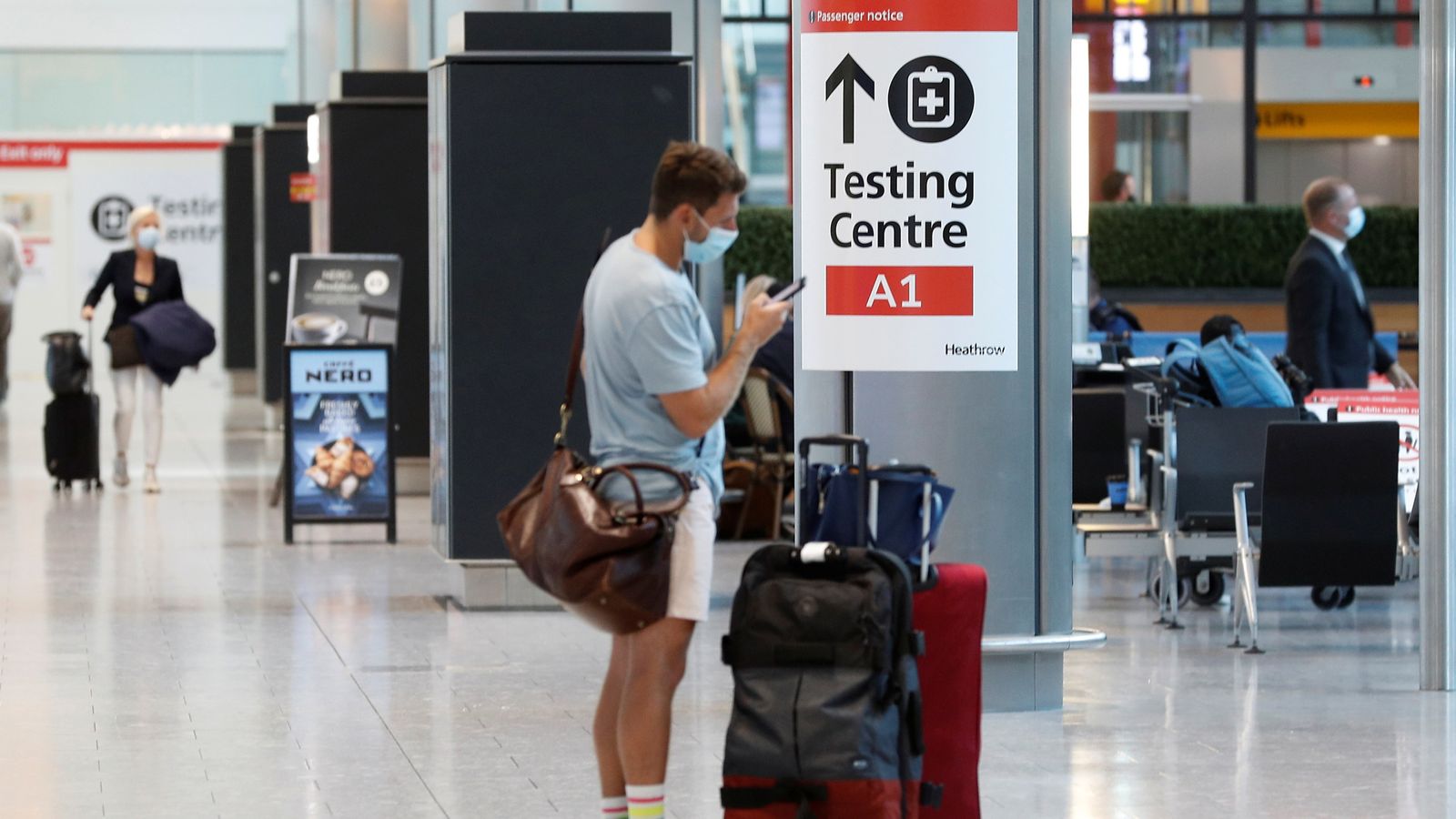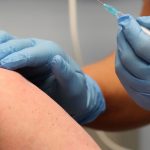Hopes for a summer getaway are given a boost from today with a sizeable expansion of the government’s green travel list – and the return of holiday favourite France to the regular amber category.
After a spell on the so-called “amber plus” list, France’s move back to amber means that fully vaccinated travellers returning from there to England, Scotland and Northern Ireland no longer need to quarantine.
India, Bahrain, Qatar and the United Arab Emirates (UAE) are moving from red to amber, whilst Germany, Austria, Slovakia, Slovenia, Latvia, Romania and Norway are going green.
Please use Chrome browser for a more accessible video player
People arriving from green list countries do not need to quarantine regardless of vaccination status – but it’s the additional amber list destinations that appear to have attracted the most interest.
Ahead of the changes to the lists coming into effect at 4am today, travel companies reported a surge in interest in journeys to France and the UAE.
Brittany Ferries said bookings between the UK and France had more than doubled after the government’s announcement earlier this week, Eurostar said it was ready to boost capacity on its London-Paris route, while Skyscanner reported a threefold increase in searches for Dubai.
But today also marks the addition of several places to the red list – meaning that arrivals must spend 11 nights at a quarantine hotel.
The new red list countries are Mexico, Georgia, and the French overseas territories La Reunion and Mayotte.
For now, solo travellers staying at quarantine hotels face a rate of £1,750 – but this will rise to £2,285 on Thursday.
UK holidaymakers in those new red list countries have been racing to get home to avoid having to quarantine, with British Airways (BA) putting on extra flights from Mexico – notably Mexico City and Cancun.
One BA flight from Cancun was due to touch down at Gatwick at 3.05am – less than an hour before the deadline.
Such frantic flight plans have been a fixture of the summer for UK tourists thus far, prompting criticism from the travel industry and politicians across the Commons.
Transport Secretary Grant Shapps has promised that the latest changes to the travel lists will be in force for at least three weeks, barring any unforeseen developments.
Please use Chrome browser for a more accessible video player
Despite the additions to the green list and the allowances for fully vaccinated Britons to go to amber list nations, the prime minister is being warned that more needs to be done to make foreign holidays viable for families.
Boris Johnson has been told by travel industry leaders and backbench Conservative MPs that the cost of tests are a major obstacle, with many holidays requiring as many as three tests to be arranged for each person.
Some countries, including France, have ditched the testing requirement for arrivals if they are fully vaccinated.
But there’s not yet any sign of the UK government following suit – and arrivals from amber list Spain and its islands are being actively advised to use a PCR test as their pre-departure test wherever possible “as a precaution against the increased prevalence of the virus and variants in the country”.
Please use Chrome browser for a more accessible video player
Follow the Daily podcast on Apple Podcasts, Google Podcasts, Spotify, Spreaker
Earlier this week, Tory MP and Transport Select Committee chairman Huw Merriman tweeted: “Passengers are being ripped off with expensive PCR tests.
“We are told this is justified to sequence for variants but only 5% of tests are.
“This barrier to affordable travel needs to stop now.”
Mr Merriman has called for cheaper lateral flow tests to be used for travel instead, with only those people who test positive then requiring a PCR test.
Called previously for Lateral Flow to be used for all testing. Those who test positive would then have more expensive PCR test and sequencing. 5/7
The government says a cautious reopening of the travel industry is needed to protect the UK’s vaccine rollout, with almost 47 million adults having now been double jabbed.
Latest figures showed another 35,665 first doses and 162,827 second doses had been carried out, while 28,612 cases and 103 more deaths were also reported.






















